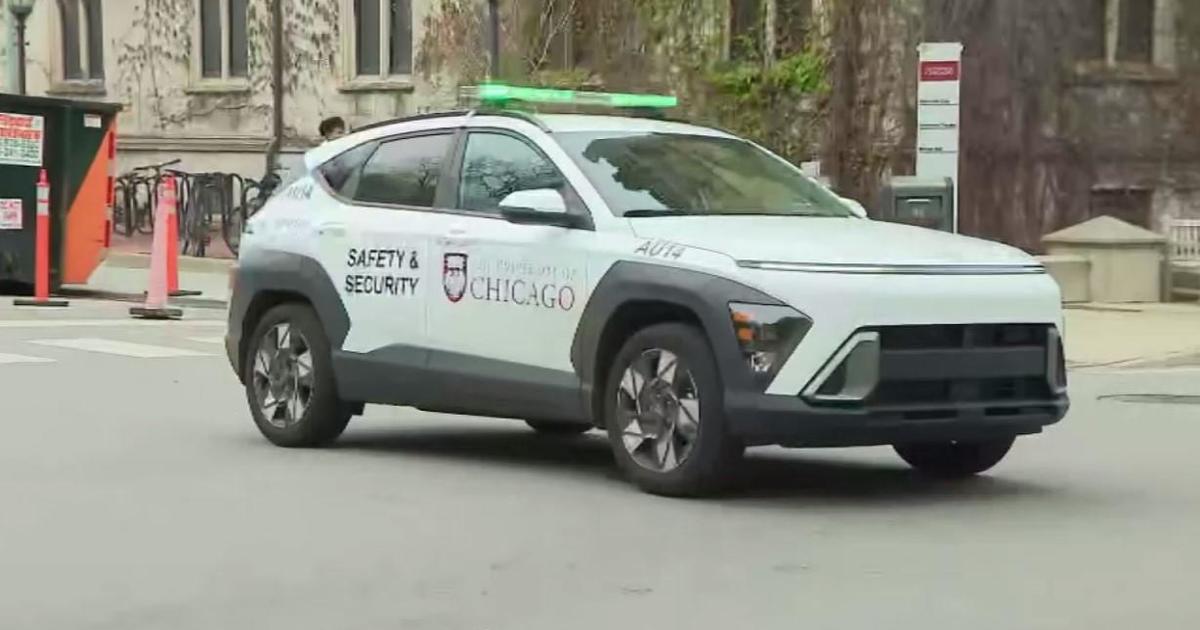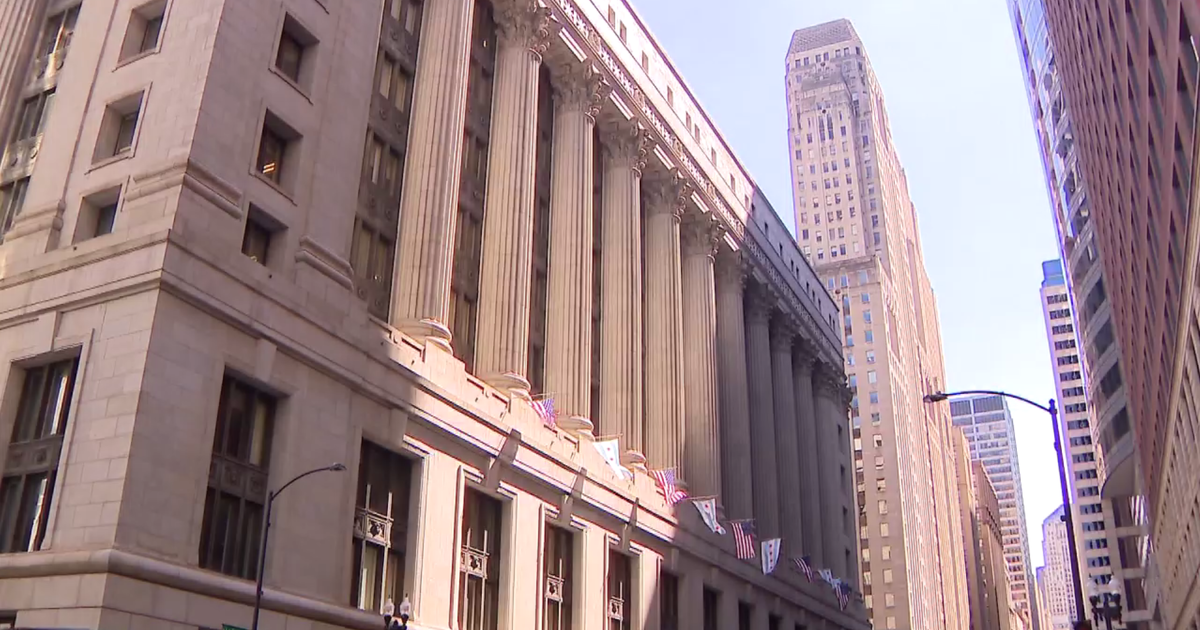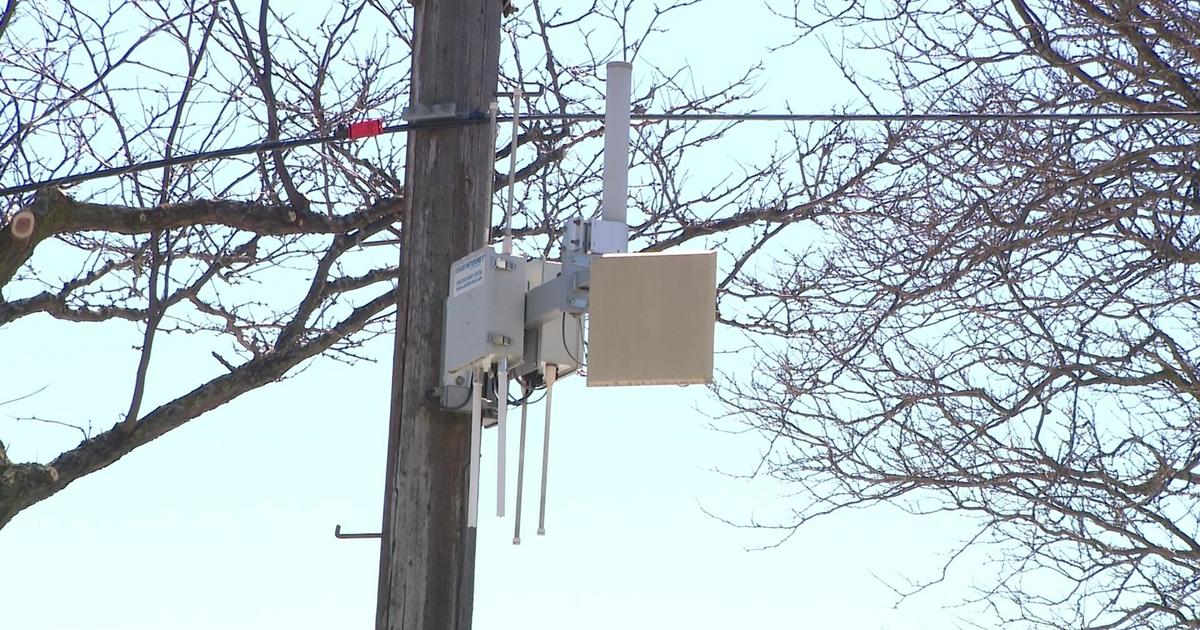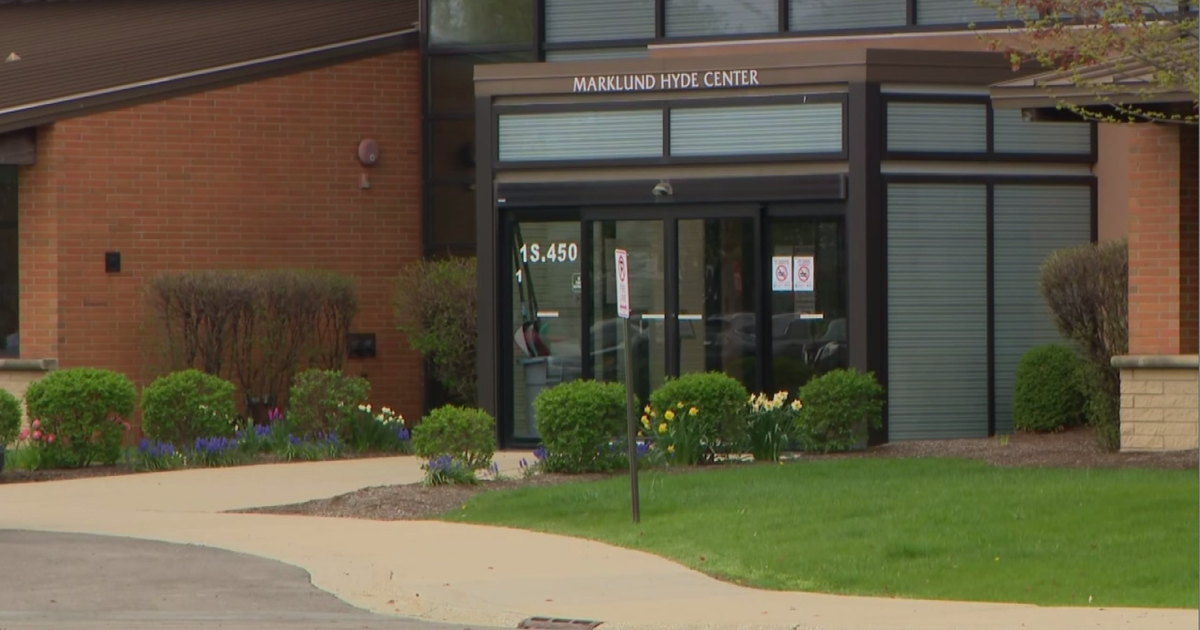Chicago Public Health Director Dr. Allison Arwady Talks About Rise In Coronavirus Cases, Ways Forward
CHICAGO (CBS) -- With concerns mounting as COVID-19 cases are on the rise in Chicago – particularly among 18- to 29-year-olds, Chicago Department of Public Health Director Dr. Allison Arwady joined CBS 2 Wednesday to about what kind of actions will be coming if problems persist.
Arwady also addressed questions about the reopening of schools and her relationship with Mayor Lori Lightfoot.
CBS 2's Irika Sargent asked Arwady what point would be required for Chicago's reopening plan to be rolled back. Mayor Lightfoot on Wednesday warned that if things kept trending in the wrong direction, such actions could be necessary.
"One of the reasons we talked about the numbers in some detail today was to let folks know that we were very close, and in fact, expect soon that it's likely we will be back into a high incidence, or sort of a high-risk state, which for the city of Chicago means averaging more than 200 cases per day. That does not automatically mean a rollback, but once we're at that state, that's when we start looking more seriously at where we may see places to make those changes. If we continue to see significant increases after that, that's when we would start thinking about making potentially some of those smaller rollbacks. And if we got to a point when we were seeing 300 or especially 400 cases a day, that's where we'd be thinking about moving back a whole phase, like maybe Phase 3, for example," Arwady said.
As to what would be rolled back ahead of a full rollback to Phase 3, local data would be the determining factor.
"This is where we would really use our local data, just like we have all along. So we do investigations of all of all of our cases, say, for example, we were seeing, as has been seeing in other states, significant spread related to indoor bars – just to take an example. That might be one of the earlier spaces where we would say, you know what? Right now, with things on the increase, potentially, we'll need to close indoor bars," Arwady said.
The city is not at the point of needing to close indoor bars again now, but it is an example of what could happen, she said.
Another example is a possible spike in long-term care facilities again, in which the city would determine what has to be done to get stricter with long-term care facilities.
"We're going to use our data to really make those decisions, but paired with messaging where it needs to be, like the 18 to 29-year-olds that make up the majority of the new cases," Arwady said.
Dr. Arwady has also been emphasizing the importance of contact tracing. Sargent asked her if she has found any common threads such as the types of places where the virus is being quickly and easily spread.
"I'd say one thing that's different with what we're seeing in Chicago now compared to a month or two ago is that we're seeing it broadly in the community. We're not seeing so much very large outbreaks in one setting – in a workplace setting, in a correctional facility, in a homeless shelter; a long-term care facility. We're really seeing a lot of individual cases throughout the city, and we're seeing a lot of spread just from social interaction, and so that gets back to some of the decisions that we've made," Arwady said.
For example, while most 18- to 29-year-olds are doing the right thing, people in that age group are more likely to have traveled out of state, and to have been in contact with friends rather than just families. Thus, the city has doubled down on quarantines for those returning from hot spot states and also on messaging to ensure that people are practicing "the things that we know work" in social settings, Arwady said.
Meanwhile on Wednesday, the Trump administration mandated that hospitals send their COVID-19 data directly to the Department of Health and Human Services rather than to the Centers for Disease Control and Prevention – which has been collecting all the information. That development has raised concerns among health care experts that the information could end up being less public.
Arwady said that is a serious concern.
"There is a long history of reporting public health data, and it's not just about, is it the CDC versus the HHS. Reporting data actually comes to local and state health departments who in turn then share it with CDC," she said, "and so I worry about anything that is trying to go around our traditional public health reporting structures, because it has the potential to also lead state and local health departments, who of course are making decisions on the ground."
While Chicago has strong relationships with hospitals, a change in which the data are not readily shared with the CDC would be a problem, Arwady said.
"Here in Chicago, we have very, very strong data relationships with our hospitals already. We're working to make those stronger with COVID. So I'm confident we'll have some backup even when this is happening at the national level," she said. "But I do have concerns. I think it's really important that this data is made available to the scientists at the CDC and that it is made available to the public, and I worry if that is potentially not going to be what happens with some of these changes. We're watching it closely."
Meanwhile, July was halfway over on Wednesday, and what the 2020-2021 school year will look like is top of mind for every parent and teacher. Arwady said a lot of factors will go into the decision.
"It's obviously been a very, very active conversation with schools here in Chicago, also with our higher education institutions. And first of all, there's a lot of thinking into various contingencies – thinking about in-person, thinking about what it means to be doing remote learning, thinking about different scenarios, and really planning – recognizing that there's not likely to be a one-size-fits-all for all families or even all school settings, and so we are planning to be sharing some more frameworks around this, but the final decisions will really be made based on how we're doing in our local outbreak," she said.
If the outbreak is in reasonably good control as it is now, supporting some in-person education while making it as safe as possible – while realizing that risk cannot be totally eliminated – may be the way to go, Arwady said. But because there is about a month and a half to go, final decisions will likely not be made until late August.
Edwards asked Arwady about her relationship with Mayor Lori Lightfoot, whether they have disagreements, and whether the mayor listens to Arwady as the authority on data and scientists.
"I start my day every single morning with a call with the mayor. We are going over the data in detail every single day. Where are there changes? Where are there concerns? What do we need to work on? She's very interested in the data. She's very interested in the details. And I love the relationship that we have, because I know that I can count on her to challenge where we need to challenge, but at the end of the day really do the things that we need to do to try to keep our city as safe as we can be while we balance things," Arwady said.
Arwady said she is proud to be working in Chicago, a city that is "putting public health and economics above some of the political fighting" seen elsewhere.



